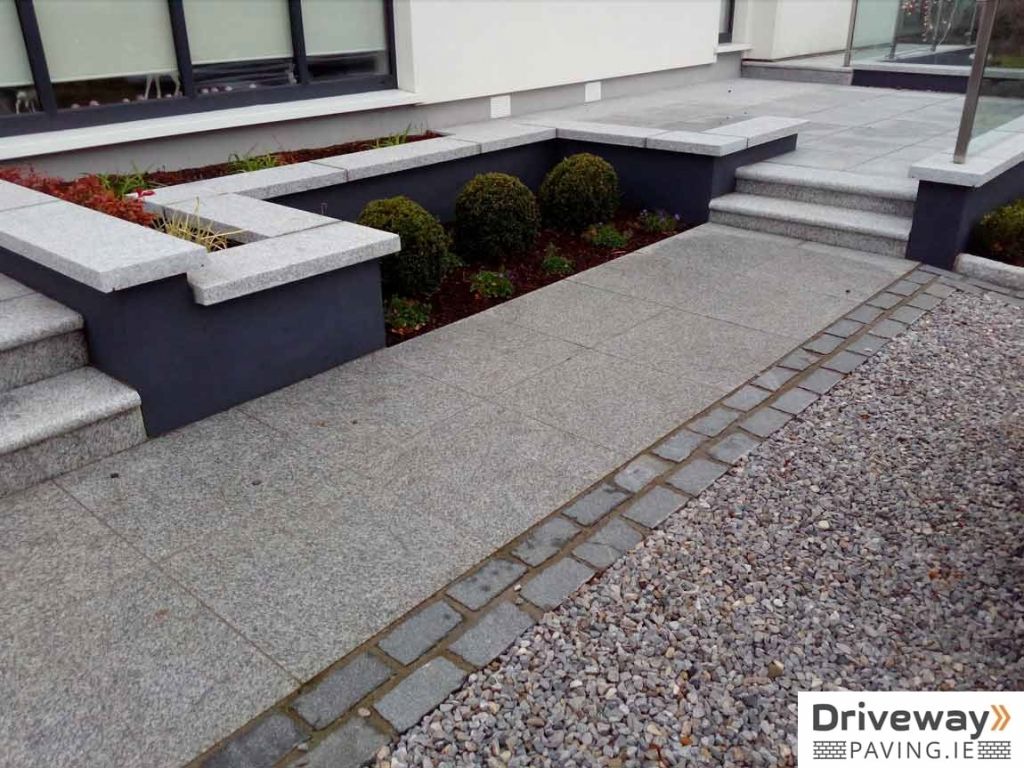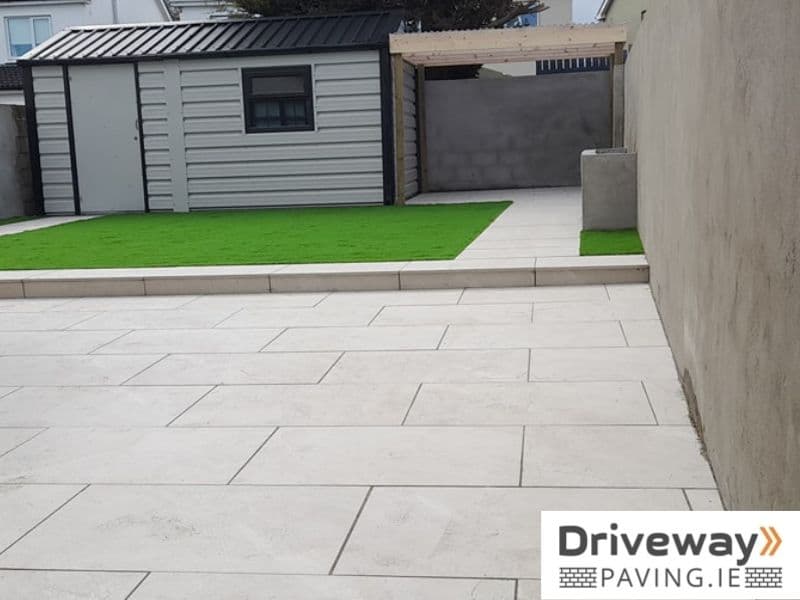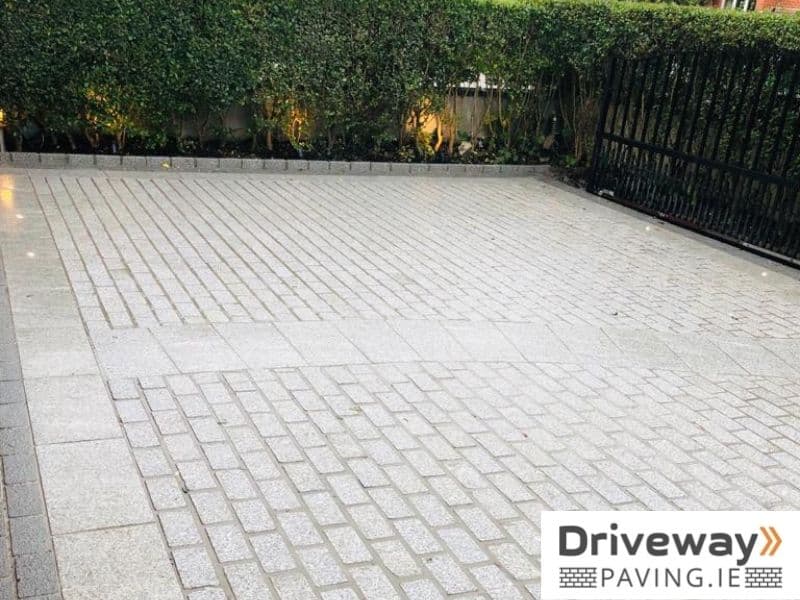Paving is a crucial aspect of landscaping and property development, providing functional and aesthetic benefits to outdoor spaces. Whether it’s for driveways, patios, walkways, or commercial areas, the longevity of paving is a common concern among property owners. Understanding the factors that affect the lifespan of different paving materials can help ensure that your paved surfaces last as long as possible. In this article, we will explore the durability of various paving materials, the factors that influence their lifespan, and the best practices for extending the life of your paving.
The Lifespan of Different Paving Materials
Paving materials vary widely in terms of durability and maintenance requirements. Here’s a detailed look at some of the most common paving materials and their expected lifespans.
1. Asphalt
Asphalt is a popular choice for driveways and roads due to its cost-effectiveness and ease of installation. On average, asphalt paving can last up to 20 years. However, its lifespan can be significantly extended with regular maintenance, such as sealing cracks and applying a protective seal coat every few years. Properly maintained asphalt can sometimes last up to 25 years or more.
2. Concrete
Concrete is renowned for its strength and durability, making it a common choice for driveways, side walks, and patios. A well-installed and maintained concrete surface can last up to 30 years. The longevity of concrete is influenced by factors such as the quality of the concrete mix, proper installation techniques, and regular maintenance. Sealing the concrete and repairing any cracks or damage promptly can help extend its lifespan.
3. Brick
Brick paving is known for its classic aesthetic appeal and durability. High-quality brick pavers can last for over 25 years with proper maintenance. Factors such as the quality of the bricks, and the installation process play a crucial role in determining their longevity. Regular cleaning, resealing, and occasional re-sanding can help keep brick pavers in good condition for decades.
4. Natural Stone
Natural stone pavers, such as granite, slate, and limestone, offer exceptional durability and a timeless look. These materials can last for 50 years or more, depending on the type of stone. type of mortar used, and the level of maintenance. Natural stone requires periodic cleaning, sealing, and sometimes re-levelling to maintain its appearance and structural integrity.
5. Interlocking Pavers
Interlocking pavers, typically made from concrete or clay, are designed to fit together tightly, creating a flexible and durable surface. These pavers can last for 20 to 40 years, depending on the material, installation quality, and maintenance practices. Regular cleaning, re-sanding, and sealing are essential to prolong the life of interlocking pavers.
6. Porcelain
Porcelain paving is known for its exceptional durability and longevity, often lasting 50 years or more with proper maintenance. Its robust, non-porous surface resists water absorption, staining, and wear, making it ideal for outdoor use. Porcelain’s high resistance to temperature fluctuations and UV rays ensures it maintains its appearance over decades. Unlike natural stone or concrete, porcelain paving is less prone to cracking or fading, even in harsh weather. Regular cleaning and sealing can further extend its lifespan, ensuring porcelain paving remains a stylish and practical option for both residential and commercial outdoor areas.
7. Resin Paving
Resin paving typically boasts a lifespan of 20 to 25 years, making it a durable choice for driveways, pathways, and patios. This longevity is due to its robust, UV-stable materials, which resist cracking and fading. Proper installation and regular maintenance, such as periodic cleaning and immediate repair of any minor damage, are essential for maximizing its lifespan. Factors like heavy traffic and harsh weather conditions can impact its durability. However, with correct upkeep and minimal exposure to extreme conditions, resin paving remains a reliable and aesthetically pleasing option for various outdoor surfaces over the decades.

Factors Influencing the Lifespan of Paving
Several factors can influence the longevity of your paving, regardless of the material used. Understanding these factors can help you take proactive steps to extend the life of your paved surfaces.
1. Installation Quality
Proper installation is crucial for the longevity of any paving material. This includes ensuring a solid and well-compacted base, using high-quality materials, and following best practices during installation. Poor installation can lead to issues such as uneven surfaces, cracking, and premature deterioration.
2. Climate and Weather Conditions
The climate and weather conditions in your area play a significant role in the lifespan of your paving. Extreme temperatures, frequent freeze-thaw cycles, heavy rainfall, and exposure to UV rays can all cause wear and tear on paved surfaces. Choosing materials that are suited to your local climate and implementing appropriate maintenance practices can help mitigate these effects.
3. Usage and Load
The amount of traffic and the weight of vehicles or equipment that your paved surface will support can impact its durability. Driveways and commercial areas that experience heavy use may require more robust materials and more frequent maintenance compared to residential walkways or patios with lighter use.
4. Maintenance Practices
Regular maintenance is essential for prolonging the life of your paving. This includes cleaning, sealing, repairing cracks and damage, and addressing drainage issues. Neglecting maintenance can lead to more significant problems and reduce the lifespan of your paving.

Best Practices for Extending the Life of your Paving
To ensure your paving lasts as long as possible, it’s important to follow best practices for installation and maintenance. Here are some tips to help extend the life of your paved surfaces.
1. Choose the Right Material
Selecting the appropriate paving material for your specific needs and local climate is the first step in ensuring longevity. Consider factors such as durability, maintenance requirements, aesthetic preferences, and budget when choosing a paving material.
2. Proper Installation
Hiring experienced and reputable contractors to install your paving is crucial. Ensure that the base is properly prepared and compacted, and that high-quality materials are used. Following industry standards and best practices during installation can prevent common issues and ensure a long-lasting surface.
3. Regular Cleaning
Keeping your paved surfaces clean can prevent the build-up of dirt, debris, and stains that can cause deterioration over time. Regular sweeping, power washing, and using appropriate cleaning solutions can help maintain the appearance and integrity of your paving.
4. Sealing and Protection
Applying a protective sealant to your paving can help protect it from moisture, stains, and UV damage. Sealants can also enhance the colour and appearance of the surface. Depending on the material and level of exposure, sealing may need to be done every few years.
5. Prompt Repairs
Addressing cracks, holes, and other damage as soon as they appear can prevent further deterioration and extend the life of your paving. For asphalt and concrete surfaces, filling cracks and patching damaged areas can help maintain the structural integrity of the surface.
6. Proper Drainage
Ensuring that your paved surfaces have adequate drainage is essential to prevent water damage. Standing water can weaken the base and cause cracks and other issues. Installing proper drainage systems and maintaining them can help protect your paving from water-related damage.
7. Avoid Heavy Loads
Limiting the weight and frequency of heavy loads on your paved surfaces can help prevent damage and extend their lifespan. For areas that will support heavy vehicles or equipment, choose materials designed to handle the load and ensure proper installation.
Conclusion
Overall, the lifespan of paving can vary significantly depending on various factors. By understanding the factors that influence the longevity of different paving materials and implementing best practices for installation and maintenance, you can ensure that your paved surfaces last as long as possible.
